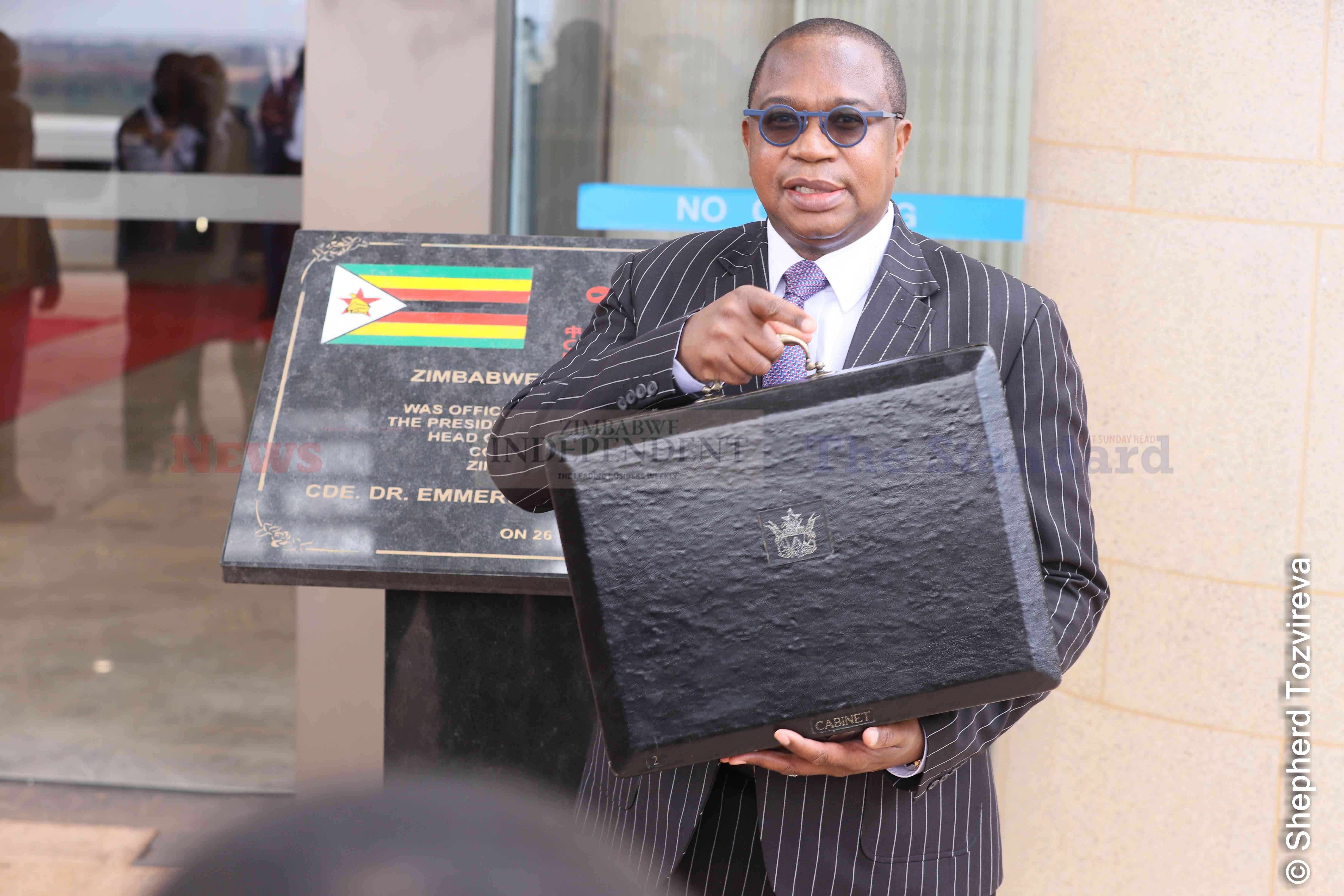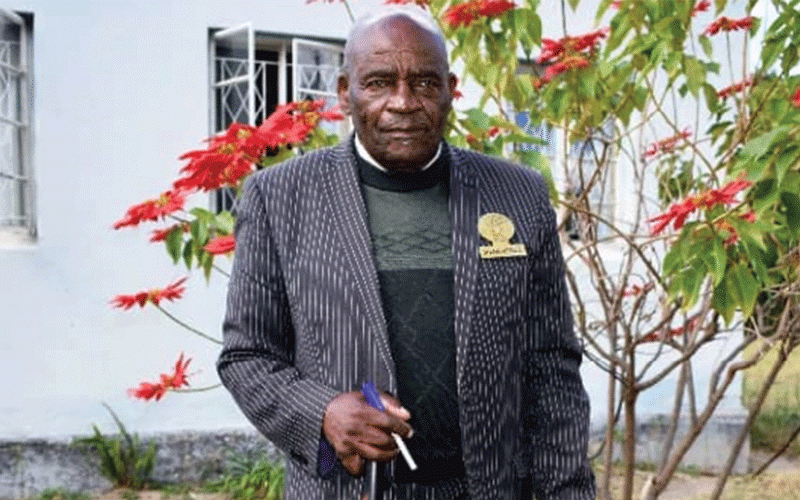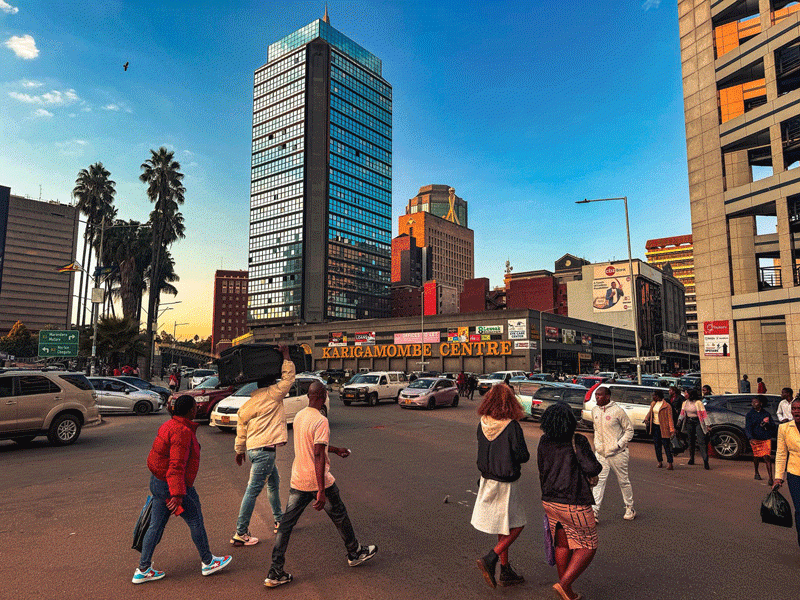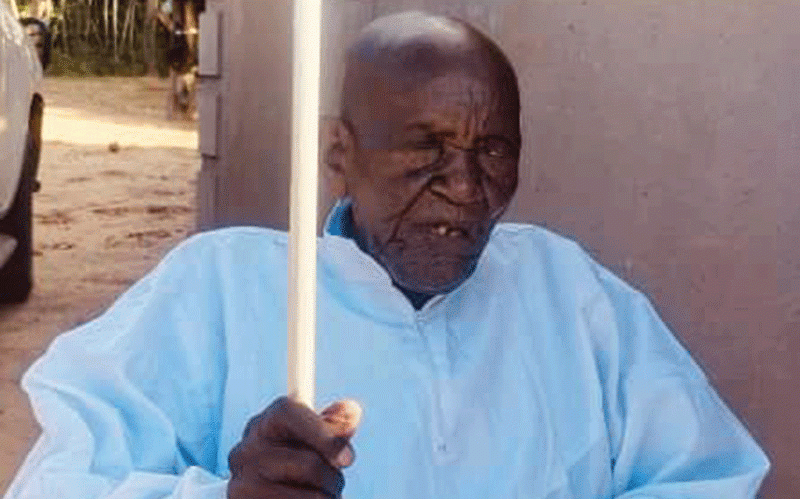
SOCIAL justice watchdog, the Zimbabwe Coalition on Debt and Development (Zimcodd) says the 2025 National Budget set to be presented in Parliament this week should prioritise social sectors, particularly, social protection, healthcare and education.
Finance, Economic Development and Investment Promotion minister Mthuli Ncube is set to table Treasury's 2025 national budget on Thursday this week amid inflation woes which have exacerbated poverty and inequality levels.
In its analysis, Zimcodd said incessant currency fluctuations and sustained high inflation were preventing vulnerable groups like youths and people with disabilities from accessing critical social services such as housing, education and healthcare.
“It is crystal clear that the 2025 national budget must prioritise social sectors, particularly social protection, healthcare and education. This is because poverty levels are expected to remain high in the first half of 2025 as the nation faces a complex humanitarian crisis driven by the climate-related El Nino-induced drought, economic instability and public health emergencies, including cholera and polio outbreaks," Zimcodd said.
“While La Nina weather patterns (normal to above normal rainfall) are expected for the 2024/25 cropping season, the number of people needing food assistance is alarming.
“In the 2023/24 Agric season, the country faced one of its worst droughts in 40 years, affecting an estimated 50% of the population (7,6 million people), including 3,5 million children. Out of the 7,6 million people, 5,9 million are in rural areas and 1,7 million in urban areas and the impact of the drought will be most severe during the peak hunger period from January to March 2025.”
Zimcodd said the 2025 national budget must devise progressive tax reforms to ensure the rich pay their fair share while providing meaningful tax relief to cushion low-paid civil servants.
It also implored Treasury to address the currency problem if the country is to attain a "goldilocks" economy (balanced national output growth, employment and inflation) in the medium to long term.
- Chitungwiza sewer infrastructure collapses
- Chitungwiza sewer infrastructure collapses
- The strange tale of China's loans to Zimbabwe
- ‘Govt pampering looters with tax breaks’
Keep Reading
“Since its re-introduction in 2019, the local currency has faced enormous downside risks, significantly losing value against hard currencies.
“It is high time the government clamps its spending appetite by cutting unproductive subsidies and expediting the implementation of reforms already identified through the Structured Dialogue Platform.
“The 2025 national budget must fully broaden the tax base by curbing resource leakages, incentivising the formalisation of the informal economy, economic diversification and strengthening value chains, particularly in the agriculture and mining sectors. This is critical in reducing borrowing pressures.”
Zimcodd said borrowing in 2025 must not be for recurrent expenditure but for investing in long-term sustainable projects that generate adequate cash flows to repay the principal amount and interest charges.
“The 2025 national budget can provide stiff penalties to deter vandalism and offer lucrative incentives to promote private-sector participation and rooftop solar installation by households.
“This will go a long way in saving energy consumption, reducing the impacts of climatic shocks on food production and electricity generation and suppressing inflationary pressures,” the group said.










